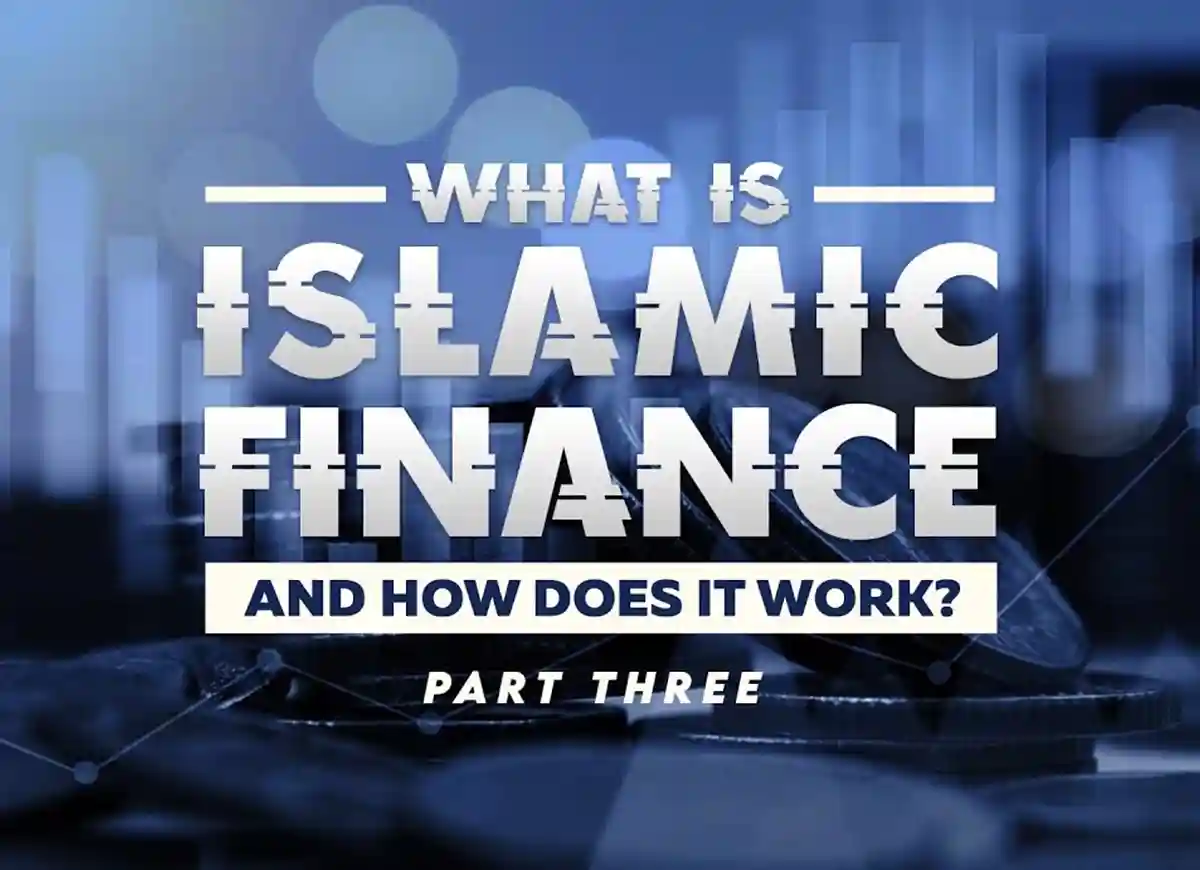Islamic finance refers to a method of performing banking and financial transactions adhering to Islamic law, also known as Sharia law. Islamic finance was not even around thirty years ago, but today, it is a $2.5 trillion industry that includes hundreds of institutions specializing in more than 80 different countries.
Islamic banks are among the most prominent players in the Islamic finance sector, accounting for $1.75 trillion, or 70% of the total assets. According to the 2019 State of Global Islamic Economy report, total assets that are Sharia-compliant are projected to reach $3.5 trillion in 2024.
Islamic finance accounts for only one percent of all financial assets, but with a 114% growth rate in the year 2019, it grew faster than conventional finance. With COVID-19, the growth is predicted to slow but stay positive.
In certain regions, such as the Gulf Cooperation Council (GCC) or Sub-Saharan Africa, Islamic banks compete directly with Western banks to draw Muslim customers.
What’s the secret behind the popularity of Islamic finance? What is it that makes Islamic finance so unique? Why is it growing so fast?
Interest-Free Lending
The most well-known rule that is a part of Islamic financial matters is the prohibition on usury. In economics, neither borrowers nor lenders can charge or owe interest or the riba. Sharia-compliant banks do not offer loans based on interest.
The next question is, what is the best way for Islamic banks to earn money? Instead of providing money to their customers with a profit, they purchase the product that is used as the base–the house or car or the refrigerator.
They lease or sell it as an installment to the customer for an agreed-upon price, usually higher than the market value at which they first purchased it.
The principle, in this case, is risk sharing. Banks profit from the deal as a reward for their risk to the client. Instead of making money from high interest, Islamic banks use their customers’ money to buy items like property or businesses and earn a profit when the loan is repaid.
All Islamic finance investments or transactions, including acquisitions and purchases, must be based on Islamic values. Anything that is considered to be illegal (haram), like the production of alcohol and breeding pork manufacturing arms and gambling, is utterly prohibited.
It is important to know similar initiatives are in place within other religions. The STOXX Index, for example, only chooses companies that adhere to Christian values.
Suggested Read: History of the World
Avoiding Interest Pays Off
This business model based on ethics can be a reason for the growth of Islamic banks in a period where many consumers lack confidence in the banking system. Additionally, sharia-compliant businesses have proved themselves during times of crisis.
Since Islamic law states that generating money through money is not permitted, Sharia-compliant institutions generally avoid engaging in speculative activities. They typically do not use derivative instruments such as options or futures and prefer having funds grounded in the real economy.
This significantly safeguarded Islamic banks from the financial crisis of 2008. In contrast to their counterparts in the conventional banking system, which is Sharia regulated, the Islamic banks were not a part of risky assets. They could withstand the financial shock more effectively.








